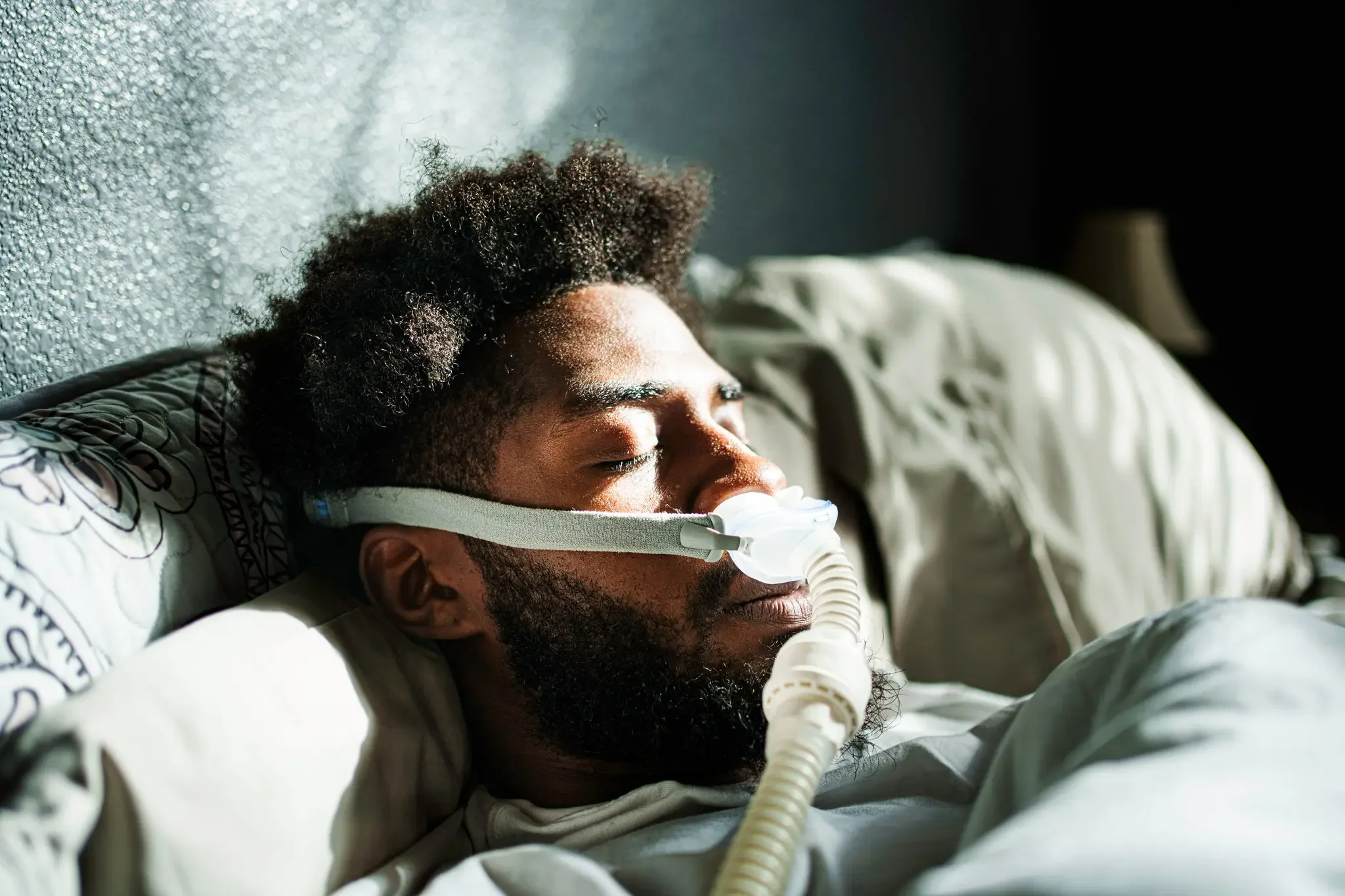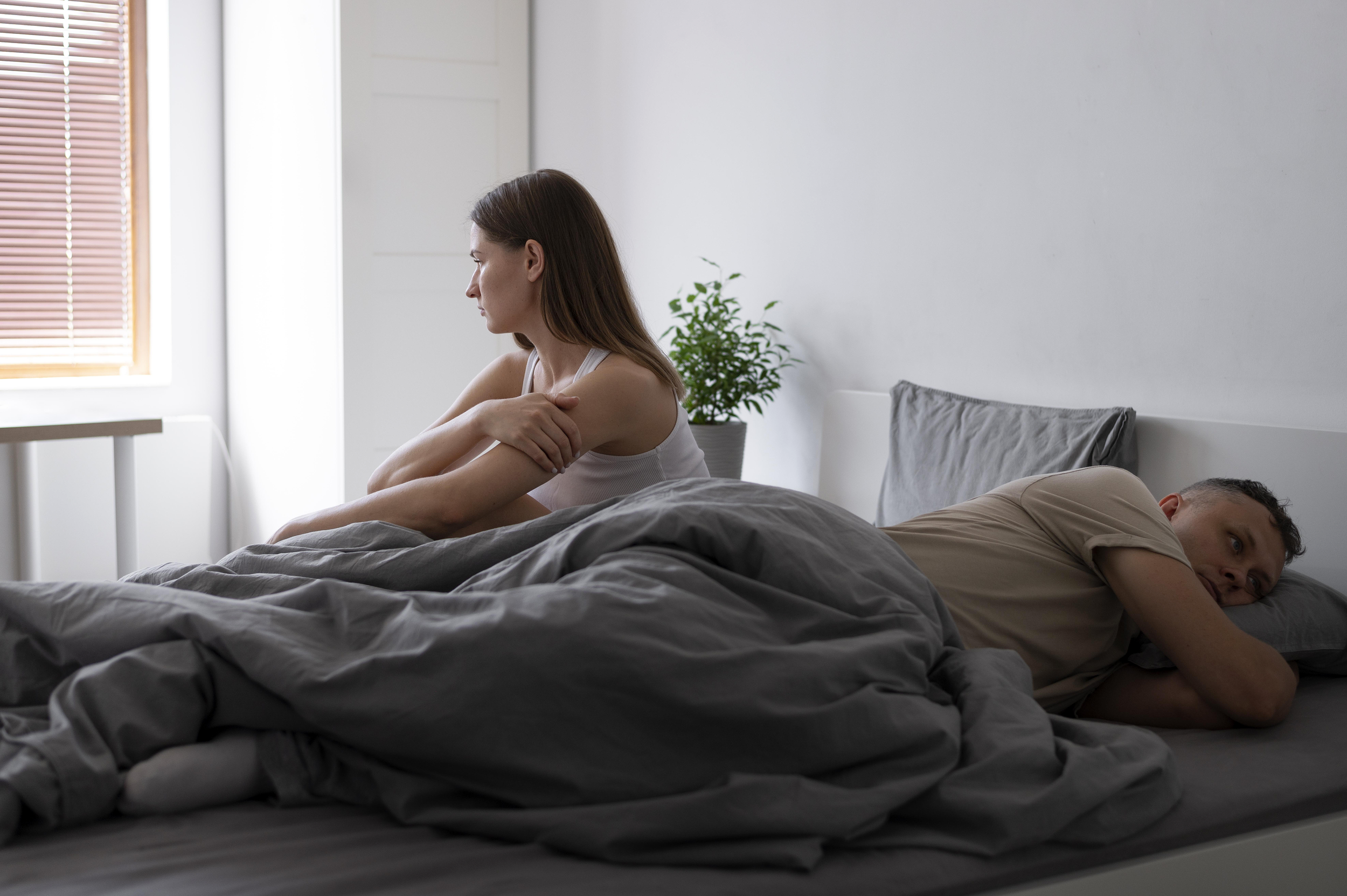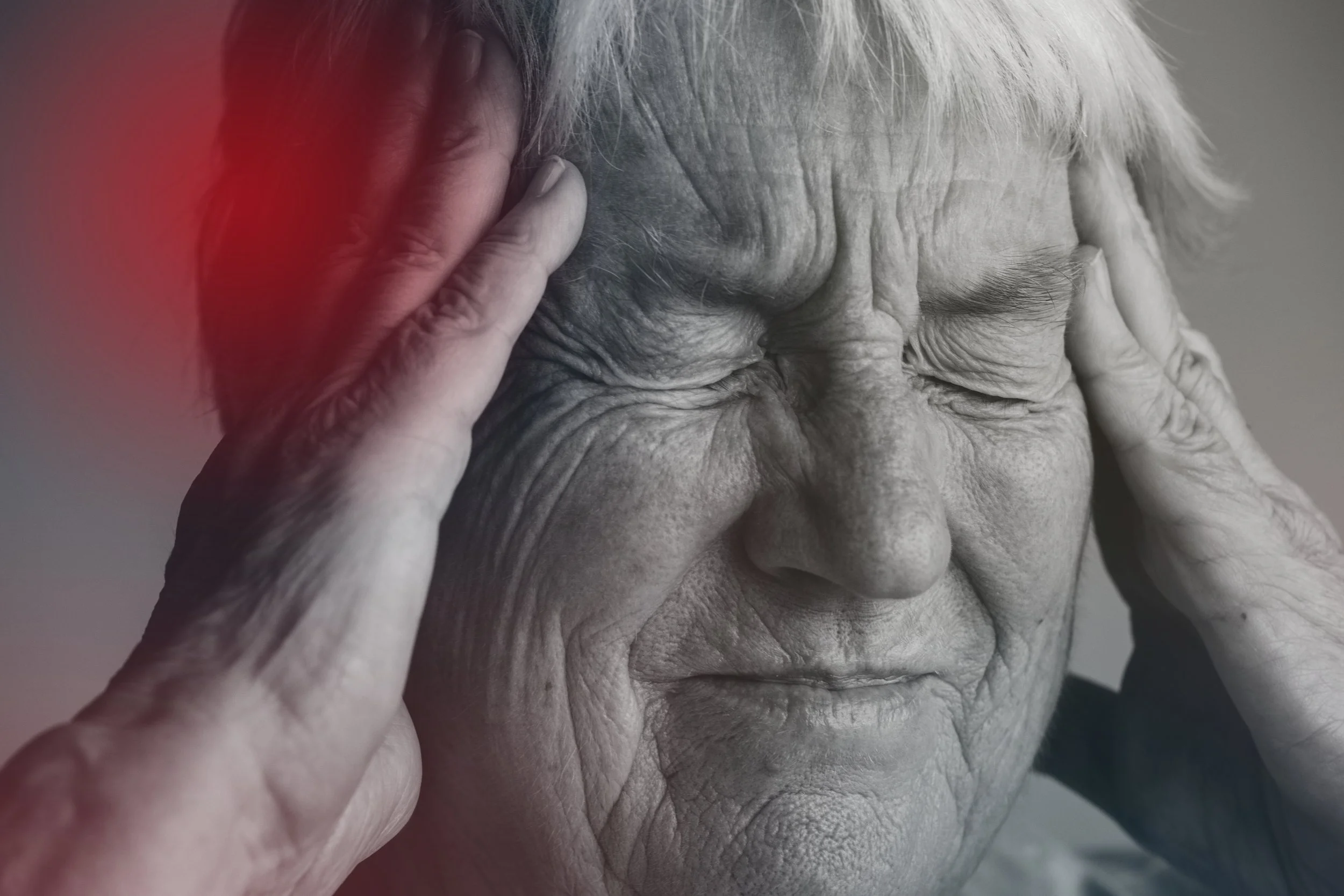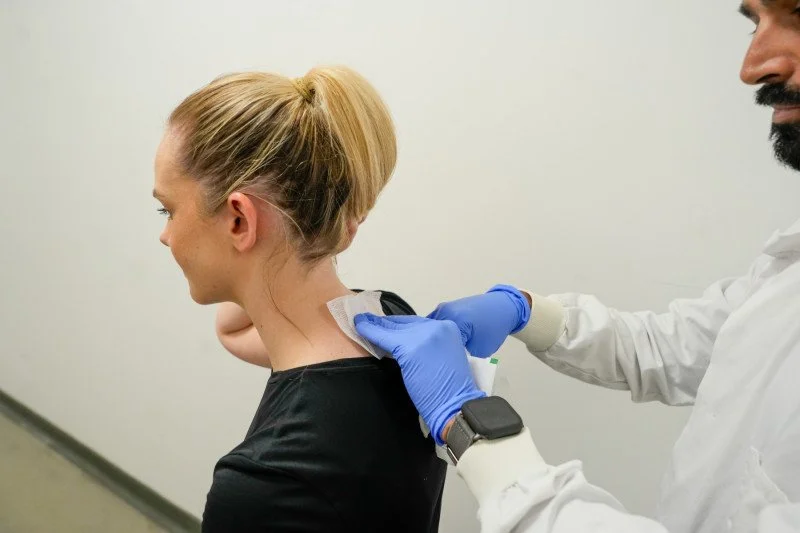
Sleep Apnea Linked to Parkinson’s Disease, New Study Finds
Does sleep apnea increase Parkinson's risk?
A major new study led by NAPS investigator Dr. Lee Neilson, based on more than 11 million veteran health records, found that having obstructive sleep apnea in midlife is linked to a higher risk of developing Parkinson’s disease later on.

Understanding Cognitive Decline in RBD: Dr. Youssef Khattab Presents New NAPS Evidence
At the National Academy of Neuropsychology Conference in Los Angeles, Dr. Youssef Khattab, Research Coordinator at OHSU, presented new NAPS data titled “Quantifying cognitive change across one year in RBD: Initial follow-up of the NAPS Consortium study.

Drs. Lee Neilson and Miranda Lim Showcase How NAPS Advances RBD and Synucleinopathy Science
Better and faster science in synucleinopathies can bring us closer to neuroprotective clinical trials.
In a recent issue of Current Neurology and Neuroscience Reports, Drs. Lee Neilson and Miranda Lim, NAPS Investigators from Oregon Health Sciences University, review cutting-edge science in REM Sleep Behavior Disorder (RBD) and synucleinopathies.

Self-Diagnosed REM Sleep Behavior Disorder Using a Consumer Device
Could we use wearable trackers to screen for RBD? 💭
Dr. Emmanuel During and colleagues reported a fascinating case in JAMA Neurology.

Dr. Albert “Gus” Davis Connects Sleep, Epilepsy, and Circadian Science at ANA2025
Dr. Albert “Gus” Davis joined experts in sleep, epilepsy, and circadian medicine for an engaging session exploring how these systems intertwine to influence neurological health at ANA2025.

Dr. Chengjie Xiong Unveils Breakthrough PSRS Tool for RBD Trials
Dr. Chengjie Xiong, leader of the NAPS Data & Statistical Management Core, shared groundbreaking findings at the International Parkinson and Movement Disorder Society Congress.

Advancing Neuroprotection: NAPS Hosts 3rd Annual Industry Roundtable in Honolulu
NAPS hosted the 3rd Annual Industry Roundtable concurrent with the Movement Disorders Society Congress in Honolulu, bringing together leaders from across academia and industry with one shared goal – preparing for neuroprotective treatment trials for synucleinopathies.

Dr. Miranda Lim Earns Presidential Early Career Award for Scientists and Engineers
Earlier this year, president Joe Biden recognized Miranda Lim, M.D., Ph.D. (OHSU) with the Presidential Early Career Award for Scientists and Engineers (PECASE) – the nation’s highest honor for early-career researchers.
Dr. Lim is one of only 14 recipients from the U.S. Department of Veterans Affairs and among about 400 awardees nationwide.

RBD, Epilepsy & Circadian Rhythms at the 2025 World Sleep Congress
At the 2025 World Sleep Congress in Singapore, our investigators highlighted the powerful intersections of sleep, epilepsy, and circadian health.

Evolution of Motor and Nonmotor Characteristics in an Idiopathic/Isolated REM Sleep Behavior Disorder Cohort
New research led by NAPS Co-Principal Investigator Dr. Ronald Postuma, sheds light on the earliest signs of synucleinopathies like Parkinson’s disease, dementia with Lewy bodies, and multiple system atrophy.

New Era in Sleep Medicine: Dr. Lynn Marie Trotti Named Director at Emory University
Dr. Lynn Marie Trotti has been named the new Director of the Emory Sleep Center, succeeding Dr. Nancy Collop, who retires after 15 years of transformative leadership.

Celebrating Excellence: Dr. Susan Criswell Named Chief Medical Officer for Clinical Research at Barrow Neurological Institute
We’re thrilled to share that Dr. Susan Criswell, Co-Leader of the NAPS Consortium’s Neuroimaging Core, has been named Chief Medical Officer for Clinical Research at Barrow Neurological Institute.

The Impact of RBD on People with Parkinson’s Disease and Their Partners
New research shows that REM sleep behavior disorder (RBD) takes a toll not only on people with Parkinson’s disease but also on their partners.

Idiopathic Hypersomnia Symptoms Over Time: Longitudinal Follow Up from the Hypersomnia Foundation Registry
A recent study by NAPS Investigators Drs. Trotti and Bilwise from Emory University, following 323 adults over ~2.5 years, found that symptoms of idiopathic hypersomnia remain largely stable.

Enrichment of Gut-Derived Metabolites in a Parkinson’s Disease Subtype with RBD
New research highlights the role of the gut in Parkinson’s disease subtypes.
Using metabolomics, scientists compared blood samples from Parkinson’s patients with and without REM sleep behavior disorder (RBD).

RBD Question of the Week❓💤💡 Could everything that looks and sounds like RBD actually not be?
This week, we have NAPS Investigator, Dr. Aleksandar Videnovic at Harvard University and Massachusetts General Hospital to answer one of our most pressing RBD questions.

Expanding Diagnostic Tools for iRBDThrough Actigraphy-Based Classifiers
Emmanuel During, MD, an associate professor of neurology at the Icahn School of Medicine at Mount Sinai, discussed the external validation of an actigraphy-based classifier for diagnosing iRBD and its implications for scalable neurodegenerative screening.

The American Academy of Sleep Medicine has Released Updated Clinical Guidelines for Treating RBD
Acting out in your sleep? New guidelines could help keep you safe.

RBD Question of the Week❓💤💡 I am a sleepwalker, do I have RBD?
This week, we have NAPS Investigator, Dr. Aleksandar Videnovic at Harvard University and Massachusetts General Hospital to answer one of our most pressing RBD questions.

Skin Deep Discovery
A simple skin swab could detect Parkinson’s up to 7 years before symptoms appear.
